#economic inequalities
Explore tagged Tumblr posts
Text
Threads of Dominion: The Interwoven Collapse of Colonialism, Nationalism, Imperialism, and Capitalism
Umberto Eco, the renowned Italian philosopher, semiotician, and cultural critic, offers a rich theoretical framework to analyze the interconnectivity and unsustainability of colonialism, nationalism, imperialism, and capitalism. His work often addresses the dynamics of power, ideology, and culture, which are crucial for understanding these phenomena. Interconnectivity Colonialism and…
#Capitalism#Colonialism#Communication#conflics#consumer culture#critical theory#cultural criticism#cultural representation#Decolonization#Eco#ecology#economic inequalities#exclusion#exploitation#focus#Globalization#identity#Imperialism#language#media#multiculturalism#myth#narrative#Nationalism#othering#Philosophy#Political Philosophy#resistance#semantics#semiotics
2 notes
·
View notes
Text
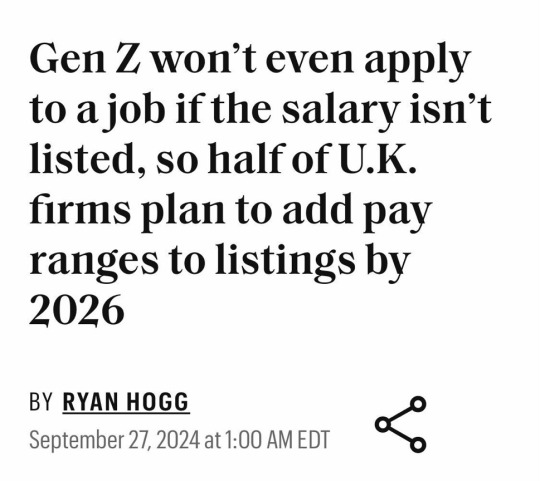

Source
Good
#capitalism#government#economic inequality#the left#progressive#gen z#working class#twitter post#current events#eat the rich#end capitalism#news#socioeconomic inequality#workers rights
36K notes
·
View notes
Text
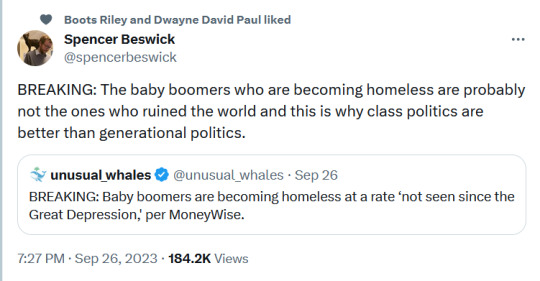
#twitter#tweet#tweets#boomers#economics#economy#homeless#class politics#generational politics#class#inequality#wealth inequality
61K notes
·
View notes
Text
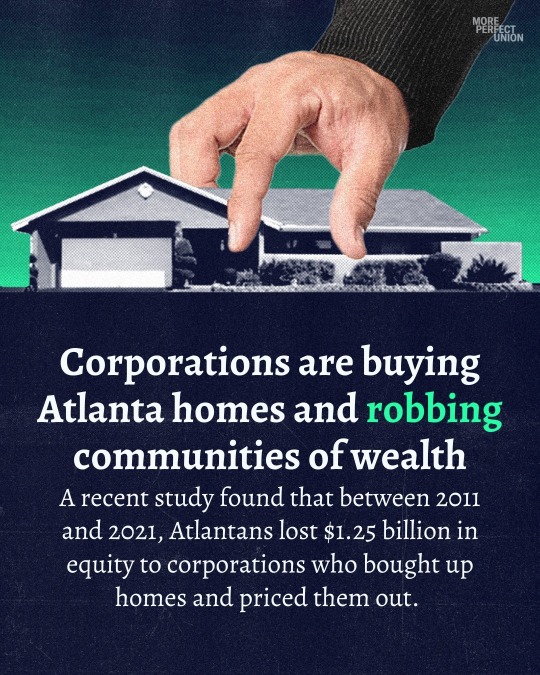
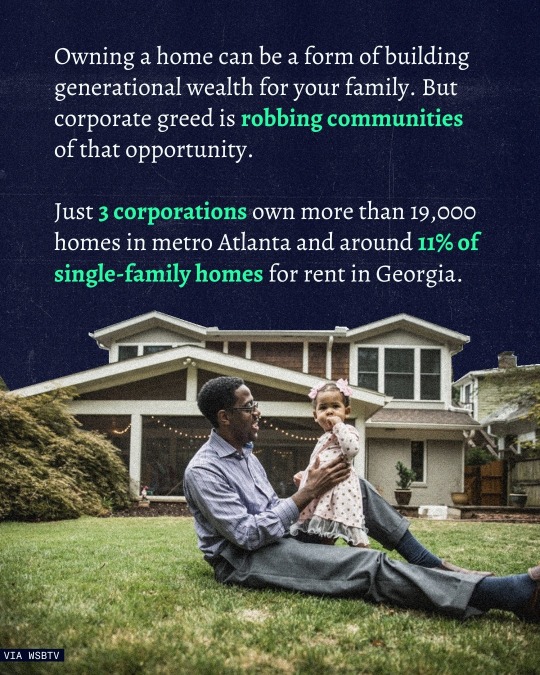
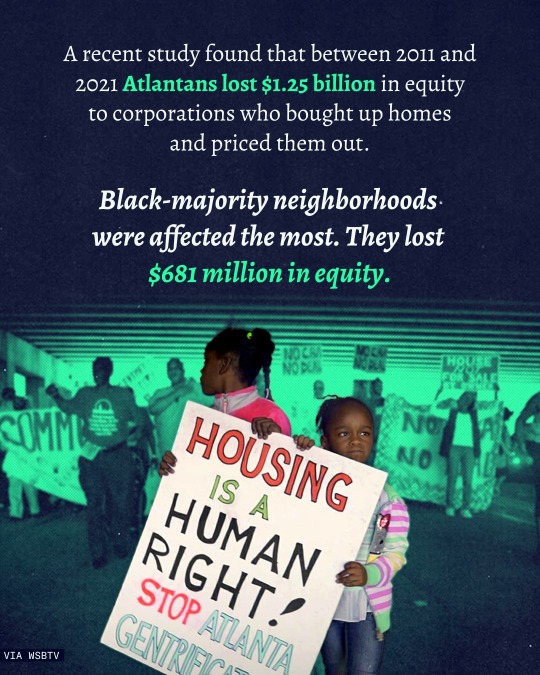
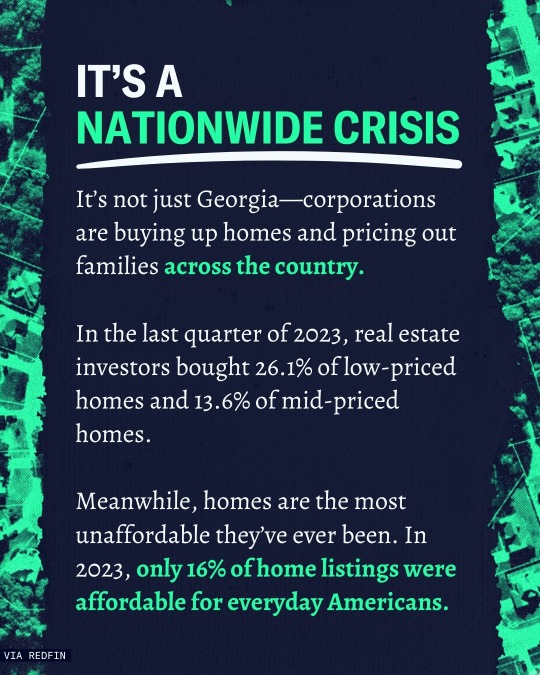
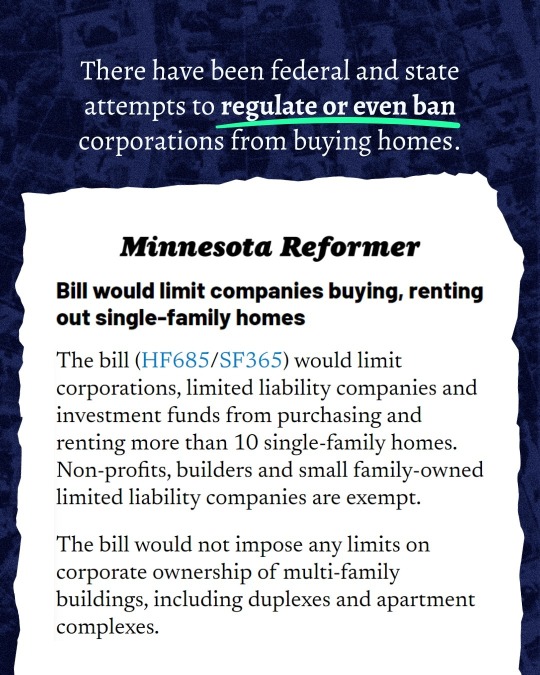
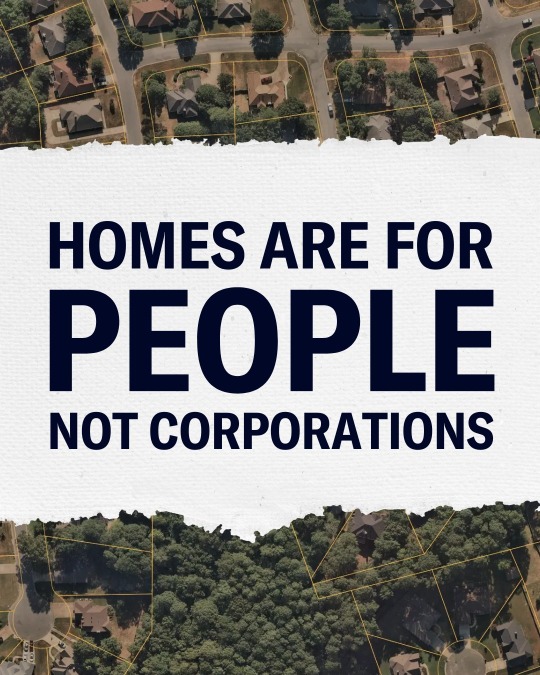
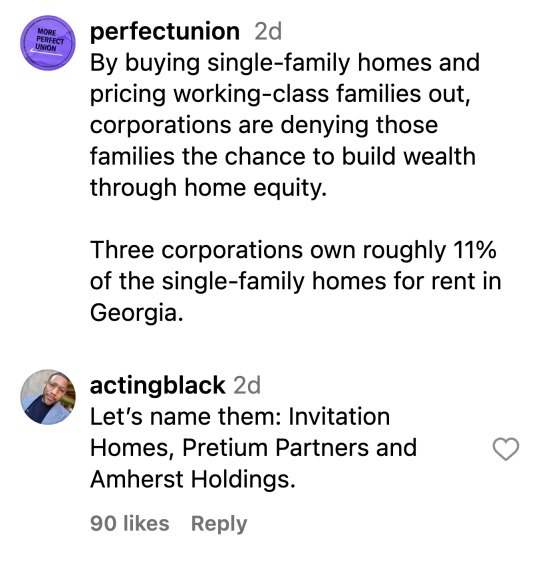

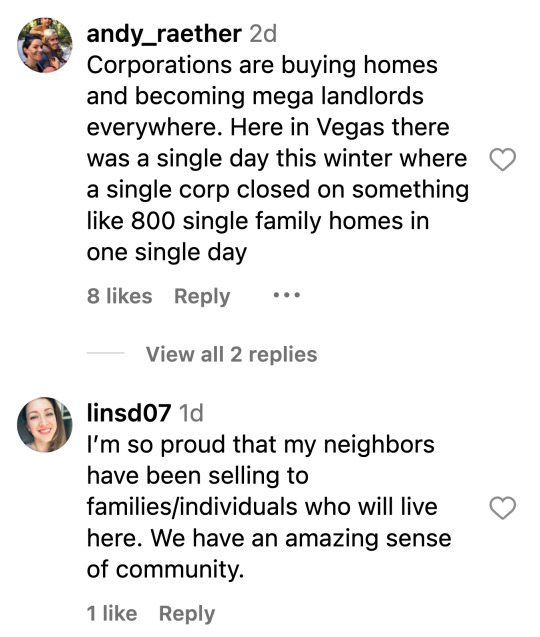
#housing inequality#corporate ownership#home equity#affordable housing#real estate market#wealth disparity#housing crisis#single-family homes#working-class families#corporate landlords#Georgia housing market#property investment#economic disparity#housing affordability#rental market#housing market inequality#corporate real estate#wealth gap#homeownership barriers#housing investment#financial disparity#real estate monopoly#housing affordability crisis#rental housing#economic inequality#property ownership#housing accessibility#corporate influence#affordable homeownership#investment firms in real estate
1K notes
·
View notes
Text
You’re Lucky You Have a House, Peasant!
A history of company towns
by Joyce Rice and Kevin Moore

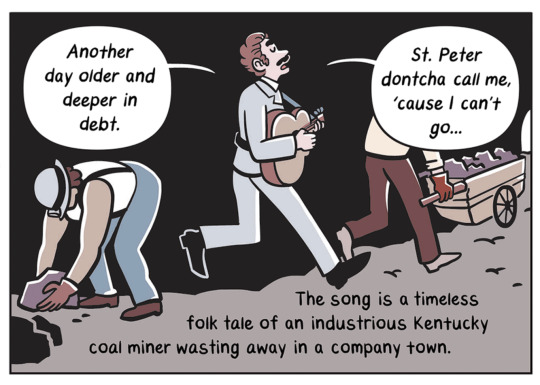
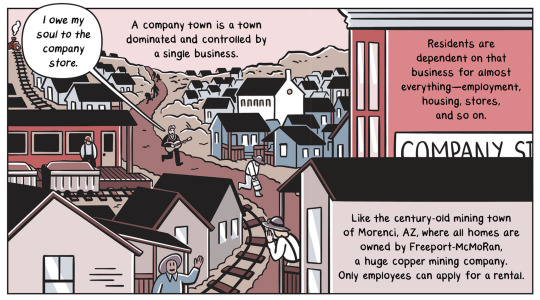
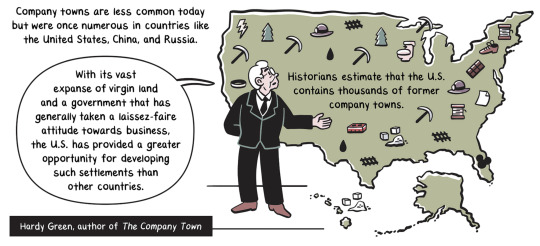
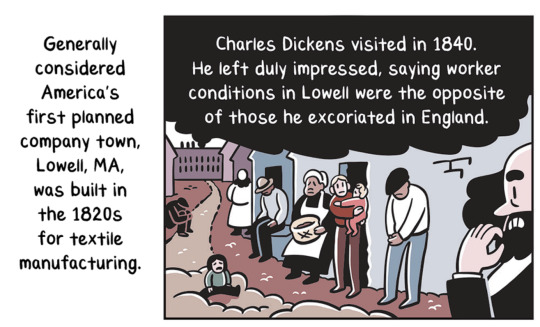
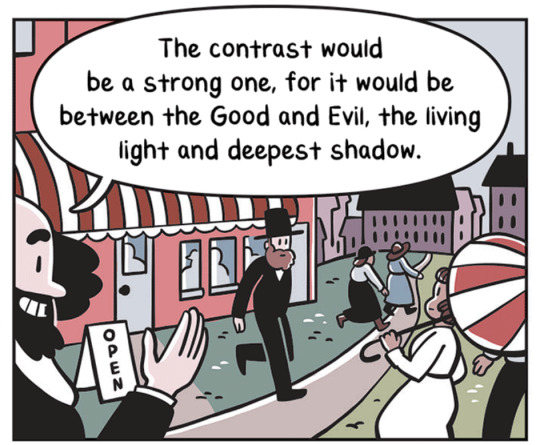
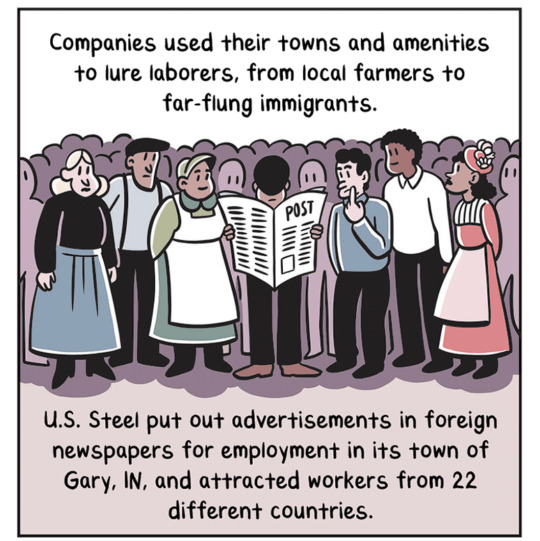

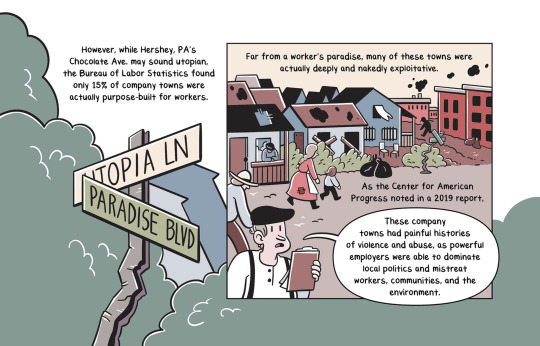
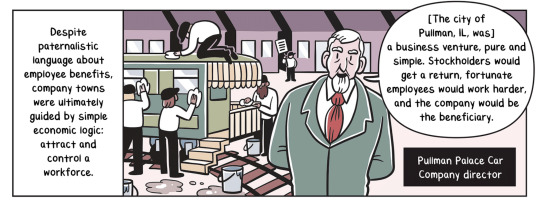

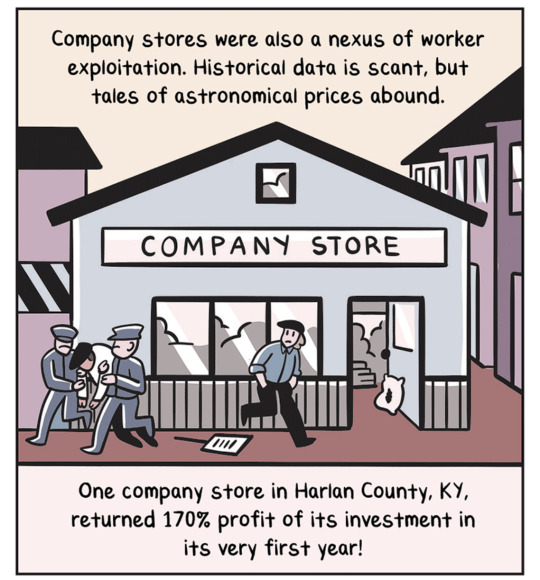
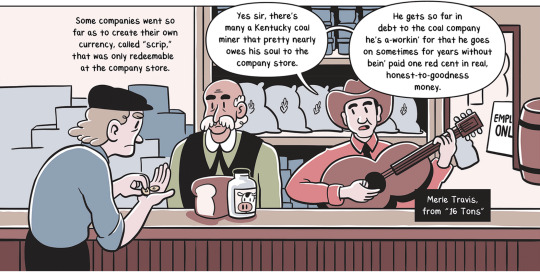
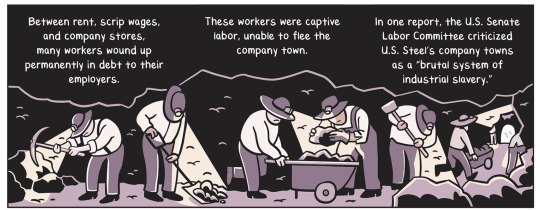

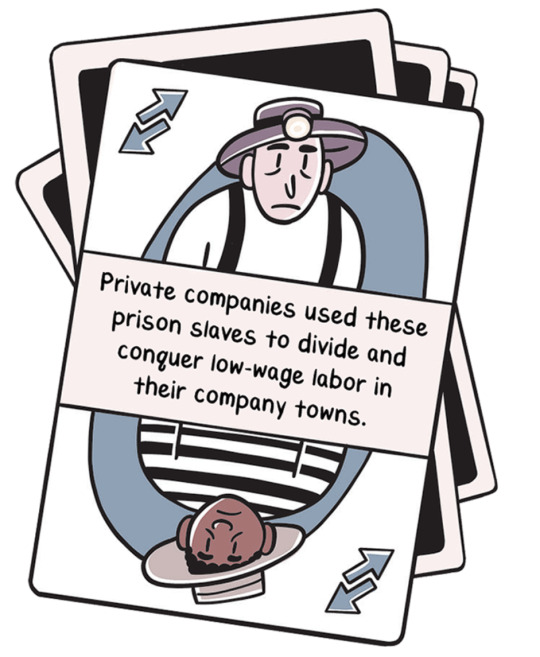
(Continue Reading)
TheNib.com
@thenib
#politics#the left#the nib#comic#webcomic#labor#Labor Unions#organized labor#history#capitalism#economic inequality#oppression#poverty#working class#long post#long reads
15K notes
·
View notes
Text
The high levels of consumption enjoyed by wealthy countries in the Global North are only possible because of mass appropriation of labor from the population of the Global South. This is evidenced by research from the Institute of Environmental Science and Technology at the Universitat Autònoma de Barcelona (ICTA-UAB), which indicates that this appropriation takes place through unequal exchange in international trade and global commodity chains. The new study, published in Nature Communications, measured the flows of labor embodied in traded goods around the world from 1995 to 2021. The results show that in 2021, the Global North imported 906 billion hours of embodied labor from the South while exporting only 80 billion hours in return. In other words, for every hour of labor the Global South imports from the Global North, they must export 11 hours to "pay" for it. As a result, the countries of the Global North net-appropriated 826 billion hours of labor from the Global South, across all skill levels and all sectors: mining, agriculture, manufacturing and services. The figure of 826 billion hours is more than the labor rendered by the entire workforce of the United States and Europe combined. The wage value of this net-appropriated labor was equivalent to €16.9 trillion in 2021, in Northern prices. In other words, this is how much the appropriated labor would be worth if it was paid at prevailing Northern wages, with equal wages for equal work. "These are staggering figures. It shows that very large quantities of value flow from the South to the North each year" says Jason Hickel, researcher at ICTA-UAB and the Department of Anthropology at the UAB. "The Global North grows rich by siphoning value out of the South." Unequal exchange occurs because of systematic price inequalities in the world economy. Powerful states and corporations in the Global North seek to compress wages and supply prices in the Global South, to obtain inputs and other goods more cheaply. Producers in the Global South are then forced to export more goods and services in order to buy any given level of imports. This results in large net-transfers from the Global South to the Global North, which benefits Northern firms and consumers but drains the Global South of productive capacities that are necessary for development. "Labor that could be used to improve human development in the Global South is instead appropriated to service capital accumulation in the Global North," said co-author Morena Hanbury Lemos, also of ICTA-UAB. "This is a major driver of deprivation in the South, and it needs to be addressed," she says. According to the study, wages in the Global South are between 87% and 95% lower than Northern wages for work of equal skill, and between 83% and 98% lower for work of equal skill within the same sector. Wage inequalities are so extreme that high skill labor in the Global South is paid only one-third the wages of low-skill labor in the Global North.
29 July 2024
550 notes
·
View notes
Note
Ok this might be a strange ask, but. do you have any opinions on the marxist/leninist/whatever idea that, western capitalist states supply a welfare state and higher wages (and so on) for western workers through imperialism, in order to subdue class struggle in western states, so that the western proletariat basically has a hand in imperialism (that anti-imperialism in practice would materially harm the western proletariat)
i think that's wrong. i think it sounds like a way you can rationalize political disengagement in a both-sidesist kinda way and also accelerationism if you're into that; i think that kind of nebulously conspiratorial belief is also a way to sort of rationalize the red-brown alliance, the need to punish the bad sheep people who don't agree with you, and a way to discount anybody who uses actual substantive policy achievements as a way to point out that actually, yes, engaging with politics can produce positive outcomes.
it is factually incorrect, of course. there's no causal connection between the welfare state and capitalist imperialism. capitalist imperialism in the form that hardcore marxists are thinking of is kind of an anachronism anyway. much like "liberalism," they're using a lens of analysis which basically thinks history ended in 1917, that the systems and politics of the long 19th century have continued forever, and we have to sort everything into categories that are a century old even though the world has changed radically since then.
it is also, annoyingly, a rejection of the wins of leftism. leftism has done a lot of good in the world! i think leftism is directionally correct. many of the things we take for granted now in many wealthy countries--the 40-hour workweek, legal protection for unions and labor organizing, universal healthcare (outside the US of course), the existence of welfare programs in various forms, employee protections (weak in the US except for Montana; strong in many other countries), and, you know, the decolonization of most of the planet--these are all things leftists of various stripes fought and died for, and for good reason!
the reason "leftism" is weak--and of course by "leftism" people taking this position usually only mean their own particular flavor of revolutionary leftism, with everybody else being a scumbag liberal or a revisionist or a trotskyist sabateur or w/e--is because leftism keeps winning when it allies with aligned interests in an electoral context. that is to say, pragmatic progressive politics is historically quite effective (the thing Americans have historically called "liberalism" but which in international political language is closer to "social democracy," and is not Reaganism/Thatcherism), is quite willing to ally with people who share its goals including less self-defeating leftists, and continues to make new gains. see this page. there is no telos to history of course, and it's a constant struggle. but the revolution-only remnant needs to come up with a narrative to rationalize being left out in the cold, because without that rationalization their whole approach starts to come under indictment. so it can't be that their politics is ineffective--it's the sheeple bribed into shutting up by welfare!
#though shoutout to the guy on twitter who pointed out that 'directionally correct'#is just a synonym for 'wrong' lol#i do think there are issues of global economic justice and inequality that need to be addressed#but i really don't think the lens of 19th century imperialism is a useful way to approach them#and it leads people into weird campist bullshit like supporting fascist regimes just because they oppose TCOTSQ
216 notes
·
View notes
Text
{ MASTERPOST } Everything You Need to Know about Repairing Our Busted-Ass World
On poverty:
Starting from nothing
How To Start at Rock Bottom: Welfare Programs and the Social Safety Net
How to Save for Retirement When You Make Less Than $30,000 a Year
Ask the Bitches: “Is It Too Late to Get My Financial Shit Together?“
Understanding why people are poor
It’s More Expensive to Be Poor Than to Be Rich
Why Are Poor People Poor and Rich People Rich?
On Financial Discipline, Generational Poverty, and Marshmallows
Bitchtastic Book Review: Hand to Mouth by Linda Tirado
Is Gentrification Just Artisanal, Small-Batch Displacement of the Poor?
Coronavirus Reveals America’s Pre-existing Conditions, Part 1: Healthcare, Housing, and Labor Rights
Developing compassion for poor people
The Latte Factor, Poor Shaming, and Economic Compassion
Ask the Bitches: “How Do I Stop Myself from Judging Homeless People?“
The Subjectivity of Wealth, Or: Don’t Tell Me What’s Expensive
A Little Princess: Intersectional Feminist Masterpiece?
If You Can’t Afford to Tip 20%, You Can’t Afford to Dine Out
Correcting income inequality
1 Easy Way All Allies Can Help Close the Gender and Racial Pay Gap
One Reason Women Make Less Money? They’re Afraid of Being Raped and Killed.
Raising the Minimum Wage Would Make All Our Lives Better
Are Unions Good or Bad?
On intersectional social issues:
Reproductive rights
On Pulling Weeds and Fighting Back: How (and Why) to Protect Abortion Rights
How To Get an Abortion
Blood Money: Menstrual Products for Surviving Your Period While Poor
You Don’t Have to Have Kids
Gender equality
1 Easy Way All Allies Can Help Close the Gender and Racial Pay Gap
The Pink Tax, Or: How I Learned to Love Smelling Like “Bearglove”
Our Single Best Piece of Advice for Women (and Men) on International Women’s Day
Bitchtastic Book Review: The Feminist Financial Handbook by Brynne Conroy
Sexual Harassment: How to Identify and Fight It in the Workplace
Queer issues
Queer Finance 101: Ten Ways That Sexual and Gender Identity Affect Finances
Leaving Home before 18: A Practical Guide for Cast-Offs, Runaways, and Everybody in Between
Racial justice
The Financial Advantages of Being White
Woke at Work: How to Inject Your Values into Your Boring, Lame-Ass Job
The New Jim Crow, by Michelle Alexander: A Bitchtastic Book Review
Something Is Wrong in Personal Finance. Here’s How To Make It More Inclusive.
The Biggest Threat to Black Wealth Is White Terrorism
Coronavirus Reveals America’s Pre-existing Conditions, Part 2: Racial and Gender Inequality
10 Rad Black Money Experts to Follow Right the Hell Now
Youth issues
What We Talk About When We Talk About Student Loans
The Ugly Truth About Unpaid Internships
Ask the Bitches: “I Just Turned 18 and My Parents Are Kicking Me Out. How Do I Brace Myself?”
Identifying and combatting abuse
When Money is the Weapon: Understanding Intimate Partner Financial Abuse
Are You Working on the Next Fyre Festival?: Identifying a Toxic Workplace
Ask the Bitches: “How Do I Say ‘No’ When a Loved One Asks for Money… Again?”
Ask the Bitches: I Was Guilted Into Caring for a Sick, Abusive Parent. Now What?
On mental health:
Understanding mental health issues
How Mental Health Affects Your Finances
Stop Recommending Therapy Like It’s a Magic Bean That’ll Grow Me a Beanstalk to Neurotypicaltown
Bitchtastic Book Review: Kurt Vonnegut’s Galapagos and Your Big Brain
Ask the Bitches: “How Do I Protect My Own Mental Health While Still Helping Others?”
Coping with mental health issues
{ MASTERPOST } Everything You Need to Know about Self-Care
My 25 Secrets to Successfully Working from Home with ADHD
Our Master List of 100% Free Mental Health Self-Care Tactics
On saving the planet:
Changing the system
Don’t Boo, Vote: If You Don’t Vote, No One Can Hear You Scream
Ethical Consumption: How to Pollute the Planet and Exploit Labor Slightly Less
The Anti-Consumerist Gift Guide: I Have No Gift to Bring, Pa Rum Pa Pum Pum
Season 1, Episode 4: “Capitalism Is Working for Me. So How Could I Hate It?”
Coronavirus Reveals America’s Pre-existing Conditions, Part 1: Healthcare, Housing, and Labor Rights
Coronavirus Reveals America’s Pre-existing Conditions, Part 2: Racial and Gender Inequality
Shopping smarter
You Deserve Cheap Toilet Paper, You Beautiful Fucking Moon Goddess
You Are above Bottled Water, You Elegant Land Mermaid
Fast Fashion: Why It’s Fucking up the World and How To Avoid It
You Deserve Cheap, Fake Jewelry… Just Like Coco Chanel
6 Proven Tactics for Avoiding Emotional Impulse Spending
Join the Bitches on Patreon
#poverty#economics#income inequality#wealth inequality#capitalism#working class#labor rights#workers rights#frugal#personal finance#financial literacy#consumerism#environmentalism
559 notes
·
View notes
Text
Some Tumblr Posts to Save You Money <3
Plain text: Some Tumblr Posts to Save You Money <3
Free Books!
Remember, The Internet Archive and your local library are your best friends!
Academic Articles and stuff
Scientific Documents
DnD shit
Sewing technique to repair and strengthen seam rips.
Scratch the "Buy Something" Itch without buying something
US Centric Ways to Live In Direct Opposition to Capitalism
Crash Course on YouTube teaches most subjects!
Home art hack
Go ahead and add some <3 We're all in this together <3
#rabiespunk#anticapitalist#anti capitalist#mod yukon#anti capitalism#late stage capitalism#eat the rich#antiwork#economic inequality
847 notes
·
View notes
Photo
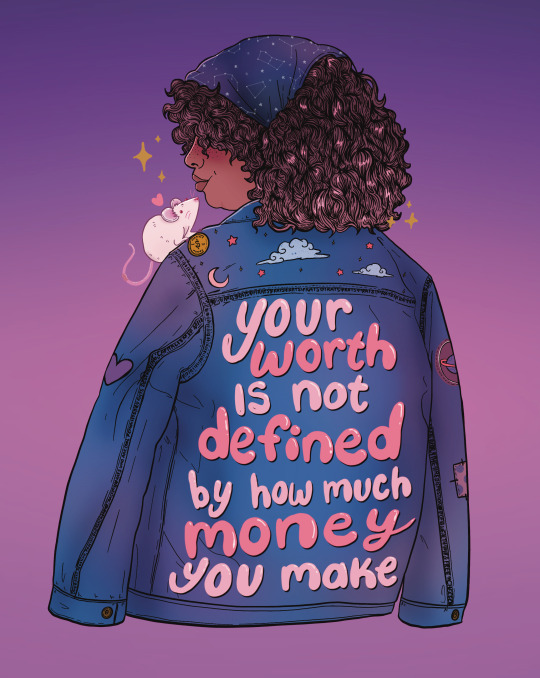
We should all be able to thrive & earn livable wages. Your worth is not, and should not be, defined by how much money you make.
Digital illustration of a the back of a Black fem wearing a blue jean jacket. On her shoulder is a white rat holding a coin. There's text that reads, 'your worth is not defined by how much money you make.
#art#feminism#feminist#jean jacket#rat#animal#feminist art#income inequality#economic justice#graPHIC
2K notes
·
View notes
Text
Rethinking Modernity: Charles Taylor's Vision for Sustainable Alternatives to Colonialism, Nationalism, Imperialism, and Capitalism
Charles Margrave Taylor, a prominent philosopher, has contributed significantly to our understanding of modernity, identity, and political theory. His work offers a valuable lens to examine the interconnectivity and unsustainability of colonialism, nationalism, imperialism, and capitalism. Let’s explore these concepts through Taylor’s perspectives and then discuss sustainable alternatives with…
#Capitalism#Charles Margrave Taylor#Colonialism#community#conflict#cultural erosion#culture#diversity#eco-socialism#economic inequalities#environment#environmental degradation#ethical communitarianism#exploitation#identity#Imperialism#Indigenous governance#modernity#multiculturalism#Nationalism#Parecon#Participatory Economics#Religion#secularism#social inequality#Solidarity#Sustainability#Taylor
0 notes
Text


Source

#capitalism#eat the rich#tax the rich#government#the left#socioeconomic inequality#news#current events#economic inequality
1K notes
·
View notes
Text
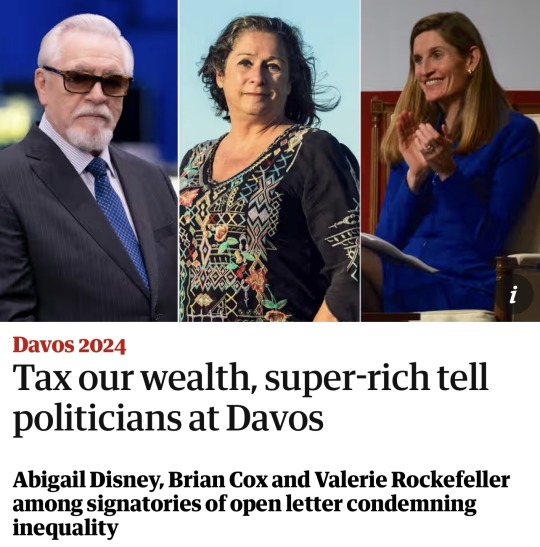
More than 250 billionaires and millionaires are demanding that the political elite meeting for the World Economic Forum in Davos introduce wealth taxes to help pay for better public services around the world.
“Our request is simple: we ask you to tax us, the very richest in society,” the wealthy people said in an open letter to world leaders. “This will not fundamentally alter our standard of living, nor deprive our children, nor harm our nations’ economic growth. But it will turn extreme and unproductive private wealth into an investment for our common democratic future.”
The rich signatories from 17 countries include Disney heir Abigail Disney; Brian Cox who played fictional billionaire Logan Roy in Succession; actor and screenwriter Simon Pegg; and Valerie Rockefeller, an heir to the US dynasty.
“We are also the people who benefit most from the status quo,” they said in a letter titled Proud to Pay, which they will attempt to deliver to world leaders gathered in Davos in Switzerland on Wednesday. “But inequality has reached a tipping point, and its cost to our economic, societal and ecological stability risk is severe – and growing every day. In short, we need action now.”
(continue reading)
#politics#wealth tax#inequality#davos#tax the rich#davos 2024#brian cox#abigail disney#valerie rockefeller#world economic forum#proud to pay
310 notes
·
View notes
Text
The housing crisis considered as an income crisis

I'll be in TUCSON, AZ from November 8-10: I'm the GUEST OF HONOR at the TUSCON SCIENCE FICTION CONVENTION.

A paradox: in 1970, everyday Americans found it relatively easy to afford a house, and the average American house cost 5.9x the average American income. In 2024, Americans find it nearly impossible to afford a house, and the average American house costs…5.9x the average American income.
Feels like a puzzler, right? Can it really be true that the average American house is as affordable to the average American earner as it was in 1970? It is true, as you can see from Blair Fix's latest open access research report, "The American Housing Crisis: A Theft, Not a Shortage":
https://economicsfromthetopdown.com/2024/10/23/the-american-housing-crisis-a-theft-not-a-shortage/
Fix also points out that is even more true of rents than it is of house prices. The ratio of rent to average income has actually fallen slightly since 1970. Rents are also, in some mathematical sense, "affordable."
Now, those of you who are well-versed in statistical card-palming will likely have a pretty good idea of the statistical artifact at the root of this paradox: the word "average." If you remember your seventh grade math, you'll recall that "average" has more than one meaning. Sure, there's the most common one: add several values together, then divide the total by the number of values you added. For example, a nonzero number of people have one or zero arms, so the average human has slightly fewer than two arms.
That average is called the "mean." The mean US wage is pretty robust: $73,242/year:
https://fred.stlouisfed.org/series/A792RC0Q052SBEA/1000
But the majority of Americans are not earning anything like $73k/year. Since the Reagan years, the number of Americans living in poverty and extreme poverty has climbed and climbed. And while their declining income sure drags down that average, it's dragged way, way, way up by another group of Americans – the ultra-rich.
You see, as Fix writes, back in the Reagan years, America initiated an experiment in redistribution. Reagan enacted policies that moved most of the nation's wealth from the great majority of working people to a tiny minority of people who ended up owning pretty much everything. Throw their income into the mix, and the average American's income is sufficient to finance the average American home, with plenty to spare.
In other words, this isn't an "average human has fewer than two arms" situation, it's more like a "Spiders Georg" situation. Spiders Georg is a Tumblr meme about a guy who eats 10,000 spiders every day and is thus single-handedly responsible for the (false) statistic that the average human eats two spiders a week:
https://en.wikipedia.org/wiki/Spiders_Georg
The American rich – Reagan's progeny – are the Spiders Georg of house prices. By hoarding the great mass of American national wealth, they create a statistical mirage of affordable housing.
Now, that's interesting, but where Fix goes next with this is even more fascinating. If the average price of housing (relative to average income) has stayed fixed since 1970, then it follows that the price of housing isn't being driven up by a problem with supply. Rather, these numbers suggest that America has enough housing, it's just that (most) Americans don't have enough money.
If that's true – and I have a couple of quibbles, which I'll get to in a sec – then the most common prescription for solving American housing (building more of it) is somewhat beside the point. For Fix, using public funds to subsidize cheaper housing is like using public funds to pay for food stamps for working people whose wages are too low to keep them from starving. Sure, we should do that: no one should be without a home and no one should be hungry. But if working people can't afford shelter and food, then we have a wage problem, not a supply problem.
Fix – as ever – has a well-thought through, painstakingly documented "sources and methods" page to back up his conclusions:
https://economicsfromthetopdown.com/2024/10/23/the-american-housing-crisis-a-theft-not-a-shortage/#sources-and-methods
And while Fix acknowledges that reversing the mass transfer of wealth from working people to their bosses (and their bosses' idle offspring) is a big lift, he rightly wants to keep the question of wages (rather than housing supply) front and center in our debate about why so many of us are finding it hard to keep a a roof over our heads. We need progressive taxation, higher minimum wages, protection from medical and education debt, and hell, why not a job guarantee?
https://pluralistic.net/2020/06/25/canada-reads/#tcherneva
I love Fix's work, and this report is no exception. He does it all in his spare time. Some nice progressive think tank should give him a grant so he can do (a lot) more of it.
That all said, I do have a quibble with his conclusion about the adequacy of the American housing supply. In California, we have a shortage of 3-4 million homes, a number arrived at through the relatively robust method of adding up the number of California families that would like to have their own homes and subtracting the number of homes available near those families:
https://en.wikipedia.org/wiki/California_housing_shortage
How to explain the discrepancy? One possibility is that the price of housing is artificially low, because more than 181,000 people are homeless here. Hundreds of thousands of more people are living in overcrowded housing, with multiple families inhabiting spaces intended for just one (or even a single person). If all of those people were competing for housing, the price might rise even higher.
Think of the people who have given up looking for work – because they're not in the workforce, wages go up. If they were competing in the labor market, wages would fall. Maybe all those people would prefer to have a job, but they're missing from the statistics.
That's one theory. Another is that we're getting tripped up on averages again here. California does have some towns with many vacancies, extra supply that is pushing down prices; it's also got many places with far more people who want to live there than there are homes for. It's possible that there's enough supply on average across the states, but – as we've seen – averages are deceptive.
Ultimately, I think both things can be true: we have a wage problem and we have (many, localized) supply problems. Both of these problems deserve our attention, and neither is acceptable in a civilized society.

Tor Books as just published two new, free LITTLE BROTHER stories: VIGILANT, about creepy surveillance in distance education; and SPILL, about oil pipelines and indigenous landback.


If you'd like an essay-formatted version of this post to read or share, here's a link to it on pluralistic.net, my surveillance-free, ad-free, tracker-free blog:
https://pluralistic.net/2024/10/24/i-dream-of-gini/#mean-ole-mr-median
#pluralistic#reaganomics#trickle down#voodoo economics#housing#the rents too damned high#inequality#wage stagnation#blair fix
290 notes
·
View notes
Text
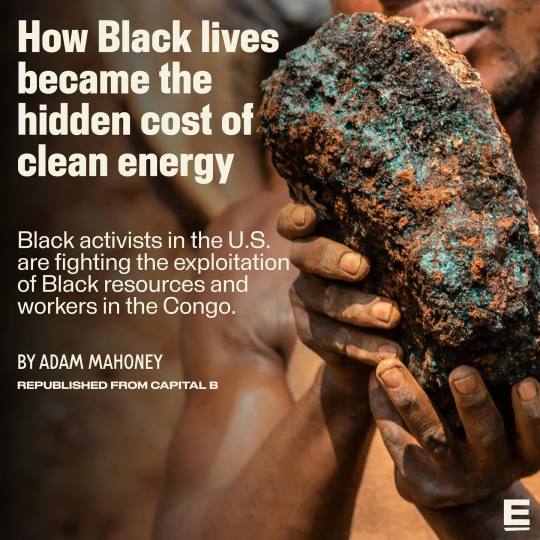


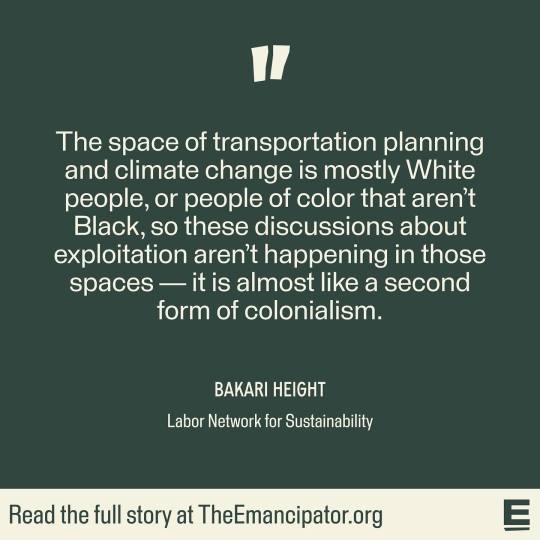
#congo exploitation#clean energy agenda#developed countries#african lives#black lives#european countries#majority white countries#black activists#crime against humanity#african humanity#environmental justice#resource extraction#human rights abuses#colonial legacy#economic imperialism#racial injustice#international activism#african exploitation#global inequality#congo#resource exploitation#human rights#clean energy#white countries#exploitation of resources#exploitation of people
878 notes
·
View notes
Text
Arcane ramblings pt.1
Arcane is fundamentally a story of class struggle and class warfare. Piltover has its working class, but the difference between piltover's working class is that they have the ability, the class mobility to rise up into positions of power. The ability to move through class is given to only topside citizens and thus solidifies their claim to "natural" superiority.
All of Zaun is working class, even Silco, who does work/labor to a degree. Even if a Zaunite becomes wealthy they are not allowed to assimilate into topside culture for virtue of their birth.
Take for example Viktor. he is also not given recognition, and while this is of his accord, it does strike some resemblance to real life. And there are Zaunites that join the suppressive forces thinking to change them when in-reality the enforcer system is built on self-surveillance and corruption. The purpose of the enforcers is inherently violent.
The series ends not with a happy ending. Our characters may have respite but the global society of Piltover and zaun continues to exist. They get comfort, not freedom. Arcane is not a fantasy of the WORST, Arcane is a mirror to what is happening RIGHT NOW.
#snek and the arcane#snek's hot takes#arcane#arcane season 2 spoilers#arcane s2#arcane season 2#arcane meta#met#viktor lol#caitlyn kiramman#vander#ekko#jinx#viktor arcane#rio vidal#jayce#jayvik#jayce talis#arcane jayce#mel merdada#arcane zaun#piltover and zaun#zaun#piltover#arcane piltover#capitalism#workers rights#eat the rich#wealth inequality#economics
55 notes
·
View notes